Let’s see when your dose of wellness can reach you!

Enter your PIN code to check estimated delivery time for your Ayurvedic essentials.
Enter your PIN code to check estimated delivery time for your Ayurvedic essentials.
We've sent a 4 digit verification code to
+91
edit
For order and delivery updates

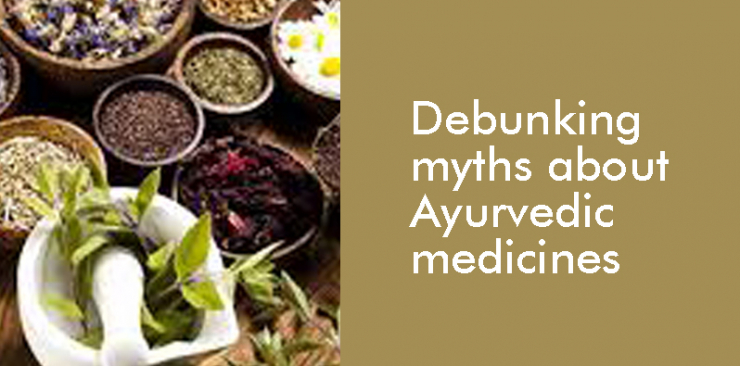
Ayurveda, the oldest form of medicine in India, dates back to over 2000 years. It focuses on holistic health and wellness. Despite its immense benefits, Ayurveda has not become the mainstream and is still used more for prevention than treatment. It is mainly because of our lack of faith in this ancient knowledge. There are many myths surrounding this ancient practice. Let’s attempt to dispel these common myths and learn the facts.
#Myth 1: Ayurvedic medicine is difficult to take
Ayurvedic medicines are in the form of powders, syrups and jams as they are extracts mostly from herbs. Ayurvedic medicines are as per the six rasas or tastes. Ayurveda believes taste applies not only to the taste buds on our tongue, but to the final reaction of food in the acid medium of the stomach. The taste we get in the mouth is called svada and that in the stomach is called paka. For example, Ayurveda describes bread as sweet because its taste in the stomach as a reaction is sweet. However, today many Ayurvedic pharmaceutical companies are making drugs in easy tablet and capsule forms, which are easy to take.
#Myth 2: Ayurvedic medicine is non-researched
Ayurvedic medicines are age-old and time-tested. Since time immemorial, this system of medicine has been in use. The medicines are herbal drugs and the formulations have been in active use for centuries, and are still in use. They are recognised under the Drugs and Cosmetics Act, and the formulations are well-documented in the Ayurvedic formularies and pharmacopoeias. Ayurveda practitioners possess a medical degree and are registered under the Indian Medicine Council Act.
#Myth 3: Ayurvedic medicines are too expensive
Not all Ayurvedic medicines are expensive. Some Ayurvedic formulations contain expensive ingredients like gold and silver, and these medicines are generally prescribed for chronic or severe diseases. If there are some expensive medicines, then there are their substitutes as well, which are affordable.
#Myth 4: Ayurvedic medicines have foul taste and odour
Some Ayurvedic medicines do have foul taste and odour. Some medicines are essential to be bitter in taste as the bitter or pungent taste is required for the body to perform the cleansing act effectively. Nevertheless, if a patient is unable to take a particular medicine, the doctor can prescribe a combination medium like honey or mishri with the medicine.
#Myth 4: Ayurvedic medicines contain steroids
Ayurvedic medicines are either herb based or are manufactured from natural resources or metals that are prepared in accordance with the pharmaceutical and pharmacological evidence available in the Ayurvedic texts. No steroid are used during the manufacturing of any ayurvedic medicines.
#Myth 5: Ayurvedic medicines are slow in showing results
Generally, patients come late with their problems. They try other systems of medicines to get faster results before trying Ayurveda. This delays the effects of the medicine. Ayurvedic medicines work slowly because they first try to neutralise the effects of other medications first.
#Myth 6: Ayurvedic medicine is only for chronic diseases
No doubt, Ayurvedic medicines work wonders on chronic diseases, but they are also equally effective in treating problems like viral fever and common cold.
#Myth 7: Ayurvedic medicines are harmful for the kidneys
This is not correct. This can only happen if the drugs are not prepared under accurate drug standardization and surveillance. People should be careful in using Ayurvedic medicines of those manufacturers who prepare the medicines strictly under standardized stipulations.
#Myth 8: Ayurvedic medicines are only for elderly people
Ayurvedic medicine is suitable for all age groups. There is no limitation in this form of treatment. In fact, Ayurveda is a boon for children when their body system is still tender and the process of immunity is still building. The natural ingredients do not interfere with children’s body resistance and at the same time more safe from side effects.
#Myth 9: Ayurvedic medicines have side effects
All medicines including Ayurvedic have their side-effects if the dosage is not taken as prescribed by the doctor. Otherwise, it can cause harm to one’s health. Otherwise, Ayurvedic medicines are time-tested and are safe.
#Myth 10: Only vegetarians can take Ayurvedic treatment
It is a common belief that while taking Ayurvedic medicines, one has to ban consumption of meat products and onion. This is not true. In fact, many Ayurvedic doctors recommend the consumption of onion and garlic as they have great medicinal properties. Meat is also prescribed in certain amounts to balance the levels of iron in the body, and provide protein needed to treat a certain disease.

Tools and strategies modern teams need to help their companies grow.
Knee pain can be more than just an inconvenience; it can interfere with daily activities, making even simple tasks like…
Struggling with knee pain that won’t go away? Whether it’s due to aging, arthritis, or an old injury, persistent knee…
Knee pain is a widespread concern, affecting people of all ages due to factors such as aging, arthritis, injuries, or…



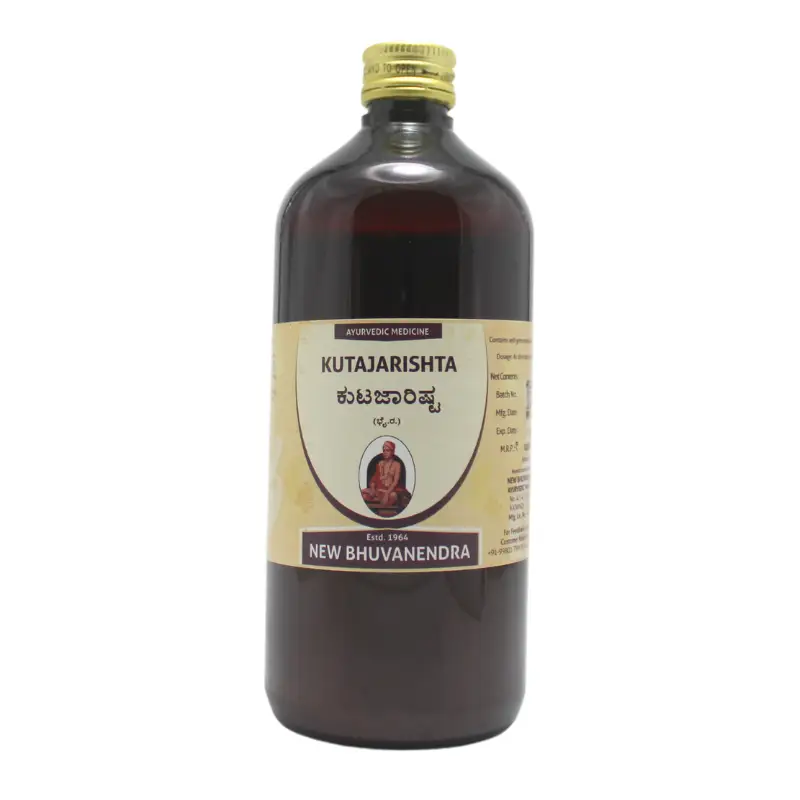
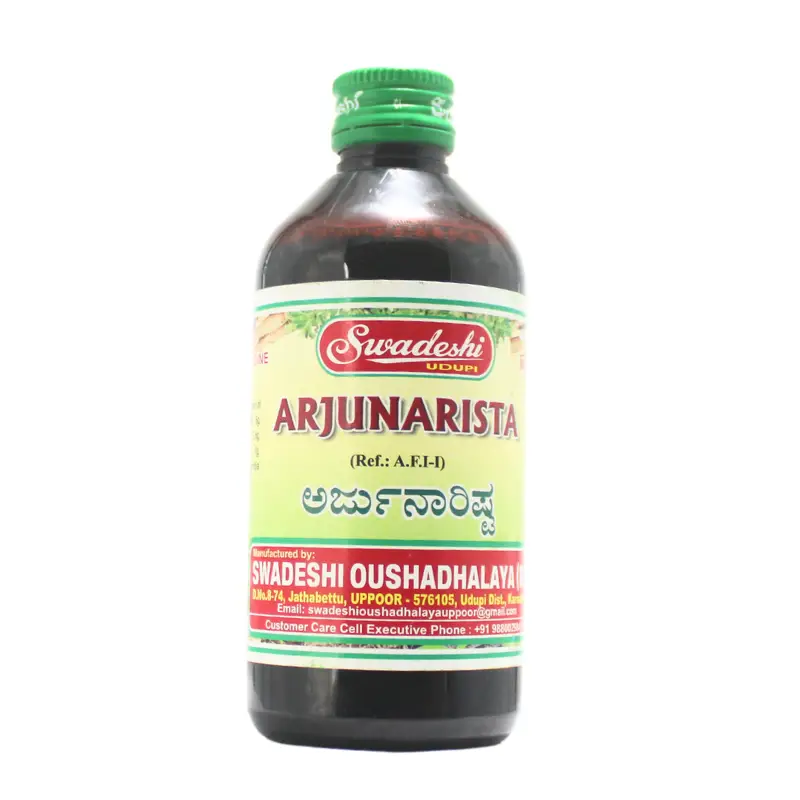
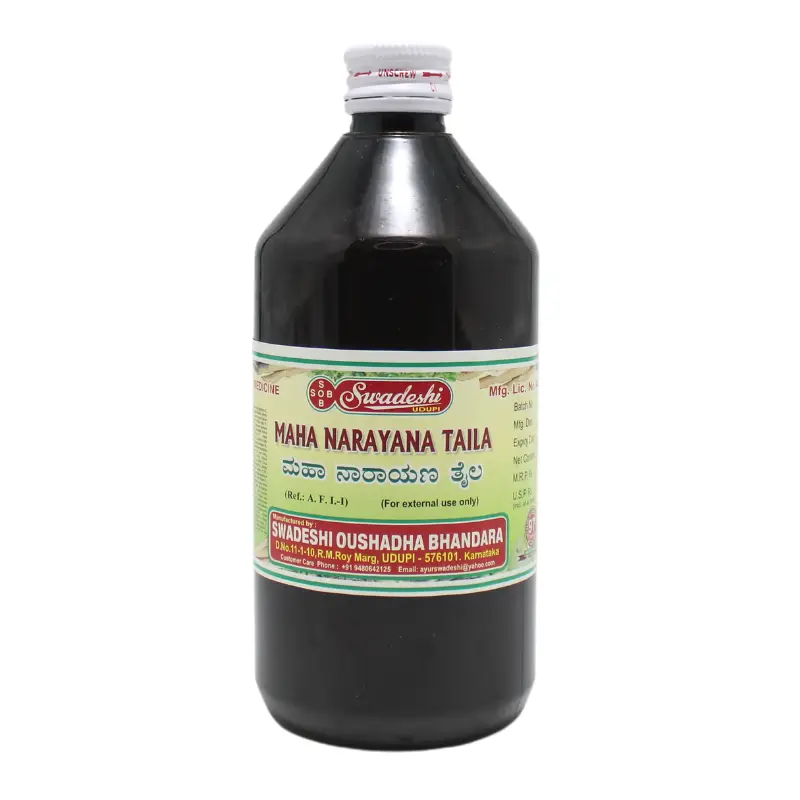
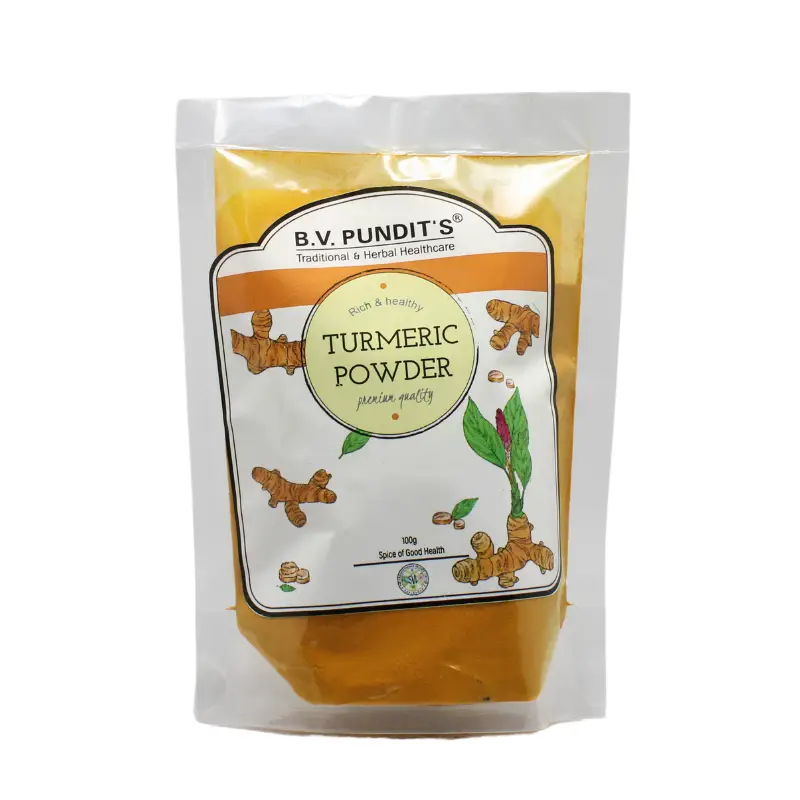




Add Products worth Rs 999 more to get Free Shipping

Select Language



Ayurvedic doctors online
Consultation available for
Diabetic Care | Thyroid Care | Joint Care
allergy and Asthma | Stress Care
Weight Management and more
Consult Best Ayurvedic Doctor Online
|
|
 |
|
|
|
|
|
Consult Best Ayurvedic Doctor Online
|
|
 |
|
|
|
|
|
You can see how this popup was set up in our step-by-step guide: https://wppopupmaker.com/guides/auto-opening-announcement-popups/

